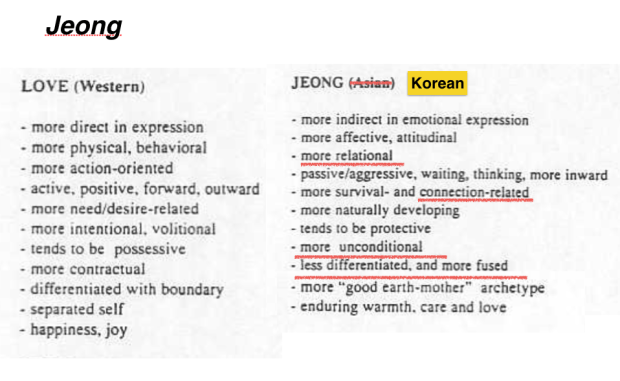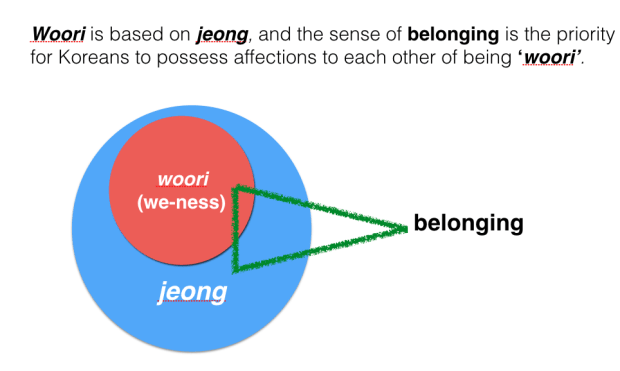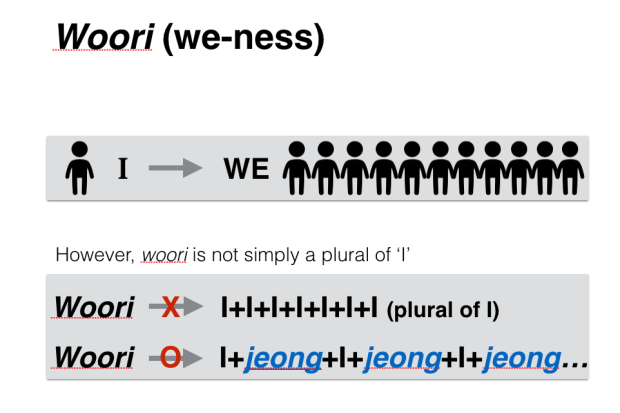Uiseong county is very famous for garlic in South Korea. So our women’s curling team is called as garlic girls because four of them (the team) are from Uiseong. They’re friends and sisters each other whom were born and grew up in the same town, Uiseong.
This is our first time that our curling team went to the final (and even semi-final) so our nation is very exciting to watch their match and especially their hometown is now enjoying this winter olympic because of those amazing Garlic Girls. Many of international reporters reported about them (e.g. NYT) and their hometown through different types of media during last few days. And they were very interested in the people of Uiseong and how they’re cheering for their hometown girls. Most of them are ajummas and they brought their homemade signs, screamed and even danced together! This is amazing!!! When I read their articles and watched videos on YouTube, I was so glad to know that those international reporters filmed about our energetic and sweet ajummas. They are not mothers of garlic girls but they are those girls’ neighbours so they prepared homemade signs and danced together to cheer for their ‘hometown daughters’. Because they feel like those garlic girls are their daughter (even though they’re not their biological mother but they’re mother!).
These ajummas are cheering for their daughters because they want to share their ‘Jeong’ with those girls, I think. This video of people in Uiseong makes me laugh and cry. Beautiful ajummas with warmheartedness.







